Scientists propose reflecting sun’s rays with salt.
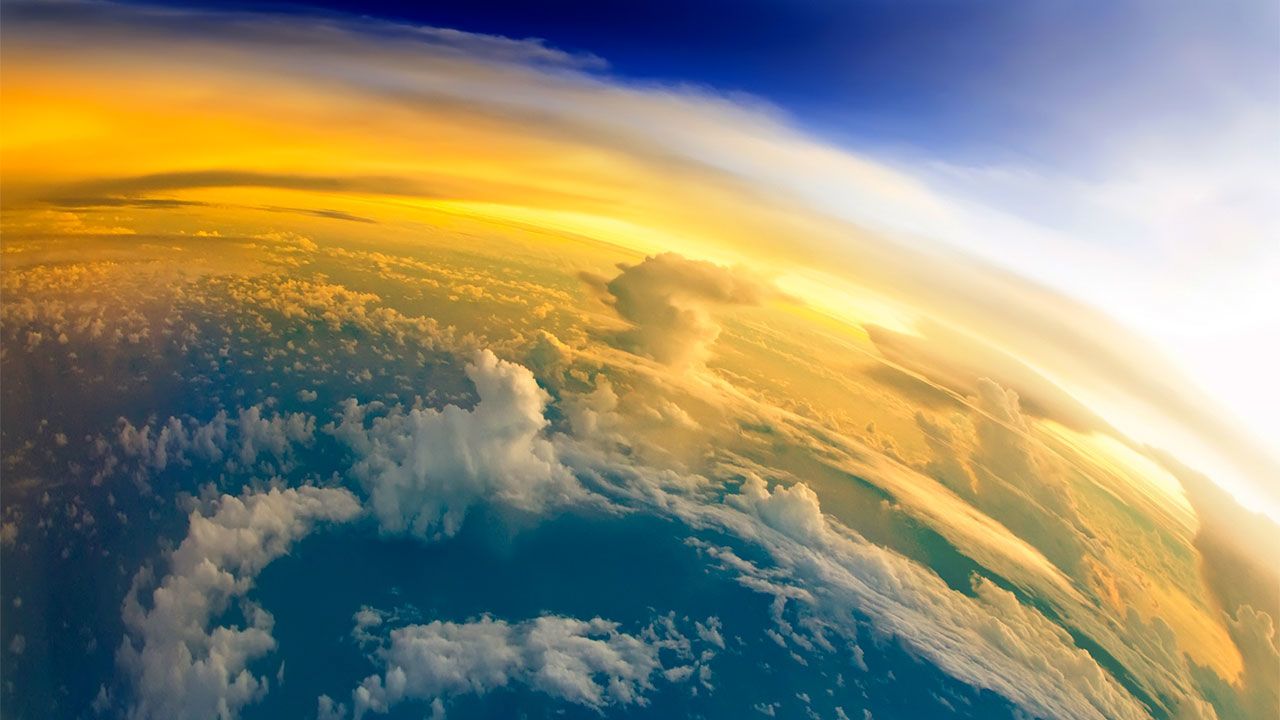


Breast and ovarian cancers are scary, anxiety-provoking diseases, and with good reason. Although breast cancer isn’t the cancer that kills the most women (lung cancer holds that distinction), it is the most commonly diagnosed cancer in women. And ovarian cancer is difficult to find in its early stages. But anyone willing to spit in a tube and pay $199 will soon be able to find out if they have a particular genetic predisposition to either of these cancers.
This month, the FDA granted the genetics company 23andMe permission to offer direct-to-consumer testing for three of the more than 1,000 known variants of the genes BRCA1 and BRCA2The variants may also boost the risk of prostate cancer and melanoma.

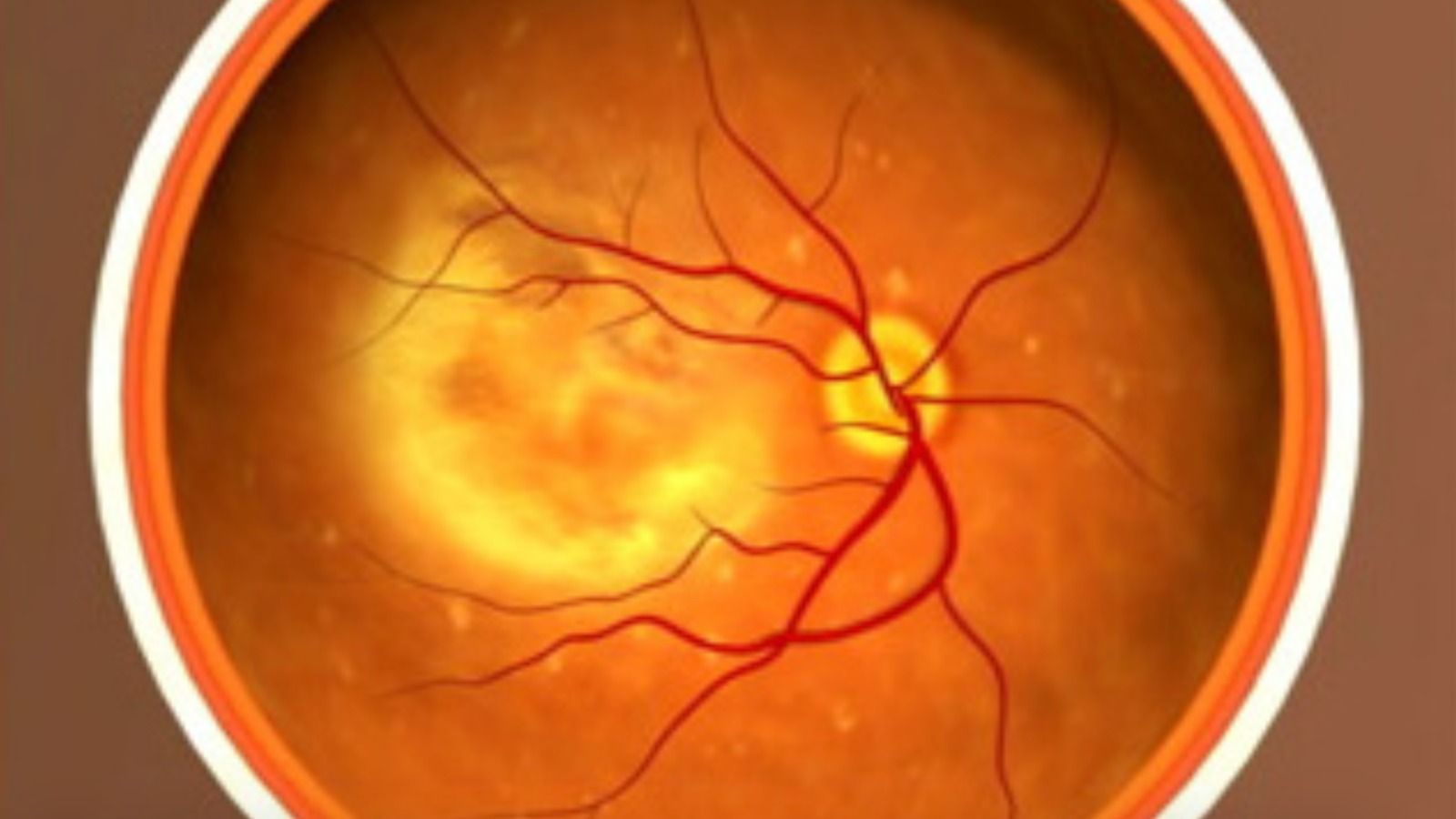
British doctors have taken a huge step towards curing a common form of age-related chronic eye condition.
Two elderly patients with macular degeneration at Moorfields Eye Hospital in London were given a cutting-edge stem cell therapy as part of a small trial to improve vision for people with sudden and severe loss of vision caused by what’s known as “wet” macular degeneration, in which abnormal blood vessels grow under the retina and macula in the eye. “Wet” macular degeneration is less common than “dry” macular degeneration, but it is a more severe form of the disease that occurs as “dry” macular degeneration progresses. It rarely causes total blindness, but it can cause blurriness and blind spots that make it hard to see clearly. The idea was to replace those diseased eye cells using stem cells that were derived from a human embryo and then inserted into the back of the eye.
Embryonic stem cells are special because they have the ability to become any other cell type in the human body. In this case, they were coaxed into becoming the kind of cell that makes up the retinal pigment epithelium. They were embedded into a scaffold to hold them in place, a living patch of cells only one layer thick. That patch was then surgically inserted under the rods and cones in the back of the eye.
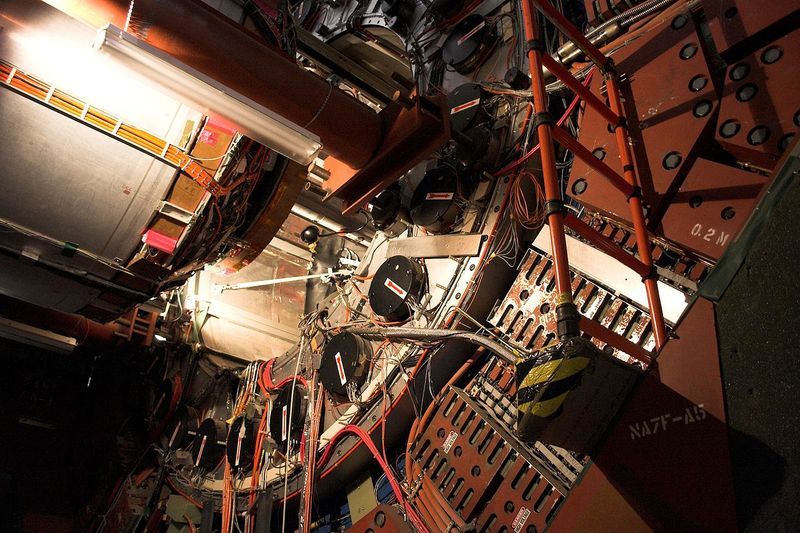
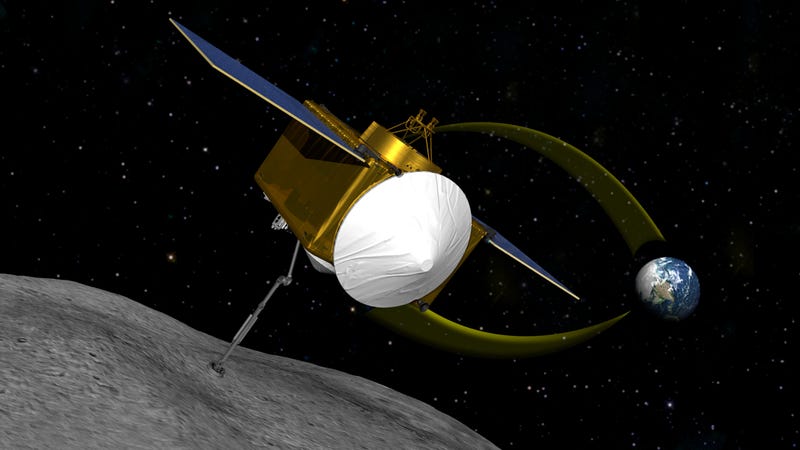
Recent headlines have contained lots of asteroid-nuking talk. There’s a team of Russian scientists zapping mini asteroids in their lab, and supposedly NASA is thinking about a plan that would hypothetically involve nuking Bennushould it threaten Earth in 2135.
It’s true that NASA is drafting up ideas on how one might nuke an incoming asteroid, a theoretical plan called HAMMER, or the Hypervelocity Asteroid Mitigation Mission for Emergency Response, as we’ve reported. But scientists probably won’t need to use such a response on the “Empire State Building-sized” asteroid 101955 Bennu, which is set to pass close to Earth in 2135. Diverting such a threat could be much, much easier.
“Even just painting the surface a different color on one half would change the thermal properties and change its orbit,” Michael Moreau, NASA’s OSIRIS-REx Flight Dynamics System Manager, told Gizmodo. That would involve literally sending a spacecraft to somehow change the color of some of the asteroid.
There’s lots we don’t know about asteroids just yet, which is why NASA has sent the probe OSIRIS-REx toward Bennu. This mission aims to scoop up and return a sample of the rock in 2023.
There is a minuscule chance, around 1 in 2,700 odds, that Bennu will strike Earth in 2135, reports the Washington Post. The rock isn’t big enough to end humanity, but it could cause some major damage. The OSIRIS-REx spacecraft will study the rock more, and NASA will continue to collect data to either rule out the chance of an impact or increase the odds.
But don’t worry about Bennu yet. Should the odds of a Bennu strike grow too high, the laws of physics will allow for a much easier solution than nuking. We could just splash it with some paint.
The sun pelts everything in the solar system with a slew of tiny particles, for example. This imparts a little bit of pressure. These particles are of no consequence to our own orbit, since Earth is incredibly massive, but Bennu weighs only around 13 times the mass of the Great Pyramid of Giza. That’s very light, comparatively. Given the 120 years or so we’ve got and the amount of distance Bennu has left to travel before its nearby approach, if scientists could make some of it more susceptible to the solar radiation, that would slightly alter its path enough that it would miss us. Doing so would require changing part of its surface so it absorbs more radiation—for example, by covering one side of it with paint. Scientists first need to better study its orbit around the sun to determine the best course of action.
All that is to say, as usual, we’re not about to be hit by the giant asteroid in the headlines.
There are asteroids we need to worry about, of course. But as we’ve reported before, we’re not tracking them. The government has only required that NASA track asteroids larger than a football field or so. Something smaller could go under the radar and cause significant local damage without the 120 years of warning Bennu has afforded us.
The thought of nuking asteroids makes for great science fiction. But instead, you should spend more time upset that we don’t know what smaller asteroids are threatening us, rather than worry about the ones scientists are tracking that could be diverted more easily.
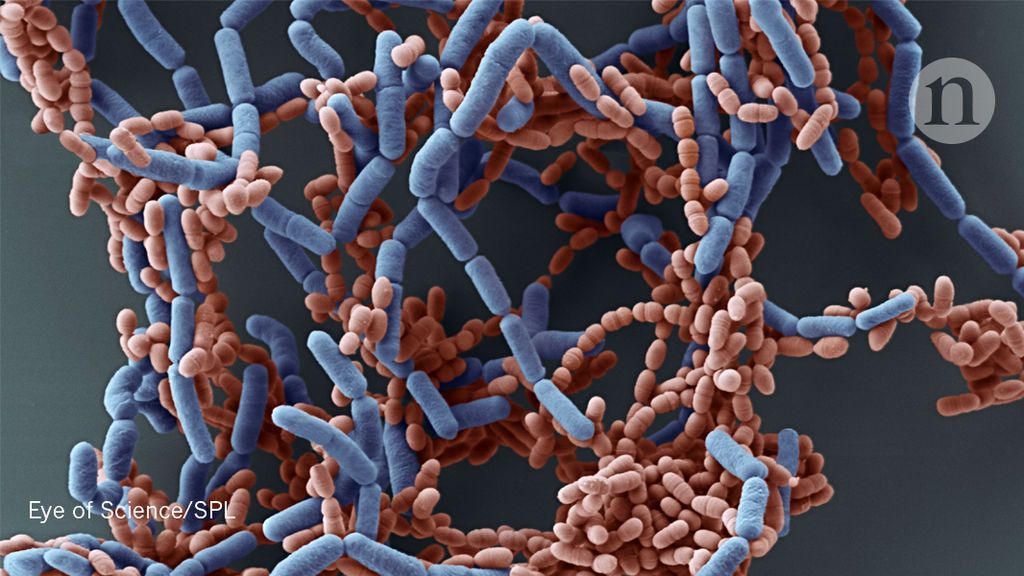
Interesting.
Guillermo Haro was a Mexican astronomer. He was the first person elected to the Royal Astronomical Society from a developing country. He is portrayed on Google Doodle on 21 March 2018, commemorating his 105th birthday.

Hugh Everett, creator of this radical idea during a drunken debate more than 60 years ago, died before he could see his theory gain widespread popularity.
